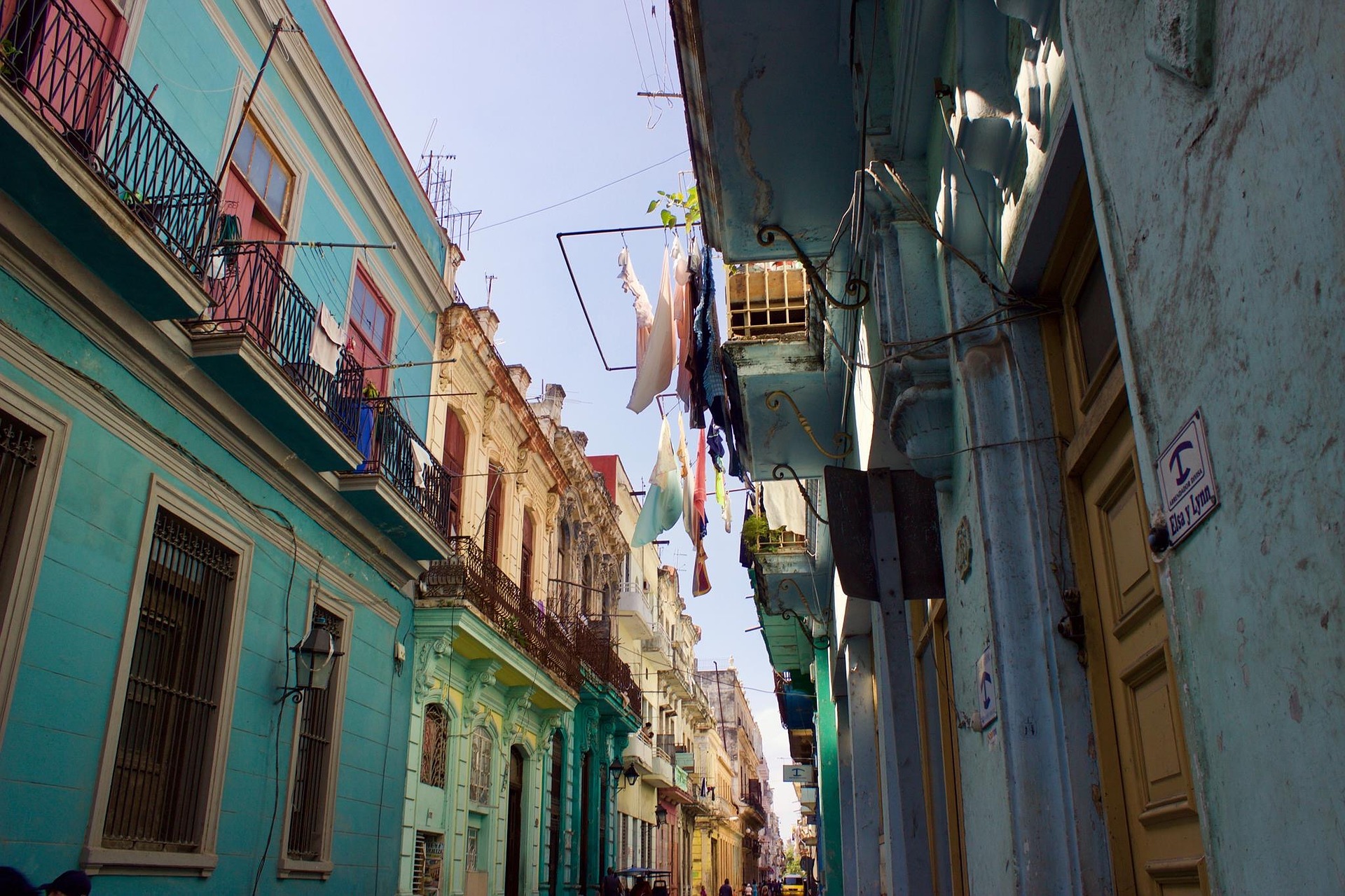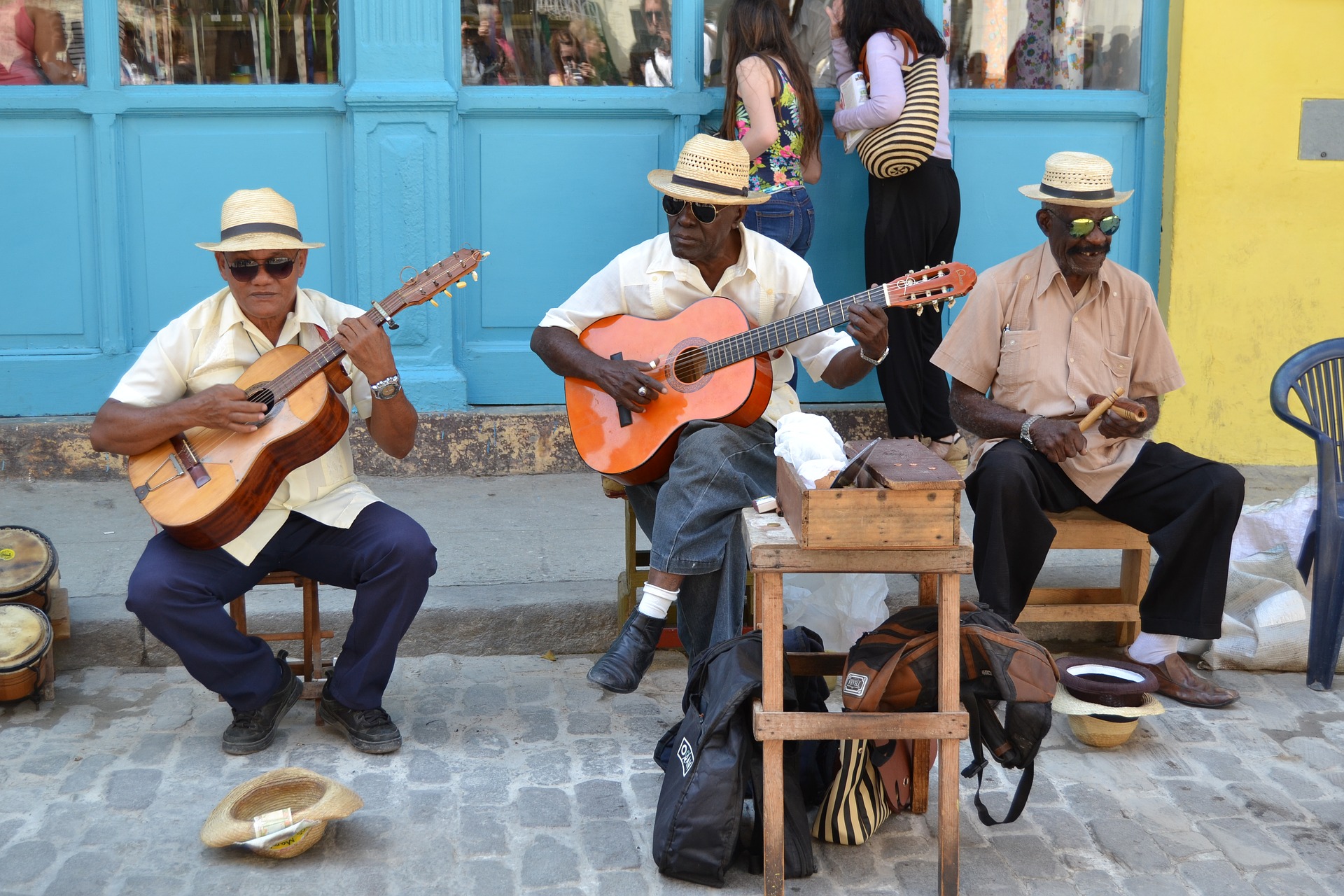Note: See end of article for new policy update
When Malia Everette came back from Cuba in 1991, one word summarized her feelings about the experience: inspired.

“I saw a nation doing so much to steward their social successes over decades of socialism, with so little in terms of material resources,” said Everette, founder and CEO of Altruvistas – a tour operator promoting sustainable tourism, including to Cuba.
“Over and over, we experienced the wellness, the advancements, and the incredible sacrifice of Cubans in their schools, their hospitals, their Casas de Abuelos [a community center providing daily opportunities for seniors to socialize and receive geriatric care] and their sports facilities.”
More than 25 years later, Everette continues to be inspired by the determination and sacrifice of the Cuban people. But it is not yet clear how this will translate into a strong, sustainable tourism industry, as the country is projected to welcome an increasing number of American tourists.
Cuba’s people are only one of the reasons why the island is such a popular tourist destination. “The country has so much to offer, ranging from historic and vibrant Havana to the green Sierra Maestra mountains and then also the tropical Caribbean beaches in the south of the island,” says Malcolm Parkinson, the Americas project manager for Exodus Travels.
Accommodation is also accessible due to the large network of casa owners across the island, providing similar experiences to B&Bs. “It was easy to find affordable places to stay with local people,” said Nathan Hingtgen, a researcher who interviewed numerous Cubans involved in the tourism industry as part of a mission to examine the state of tourism in Cuba.
Indeed, four million tourists visited the island in 2016, a 13% increase from the previous year. A growing number of those visitors might be Americans, as the potential lifting of the embargo has created a demand for visitors to experience Cuba before the island is overrun with American chain stores. While the dollars injected by American visitors would surely benefit the Cuban economy, would the country and its tourism industry benefit as a whole?
Impacts of Tourism

Mireia Munoz, a longtime operations manager for a tour operator that runs numerous trips to Cuba, believes an increase in visitors could worsen some of the challenges the Cuban government is facing. “If the government focuses on solving the real problems the country has with food, water and infrastructure, the right tourism policies will help the growth of the country and tourism in a more sustainable manner,” she said.
However, as the capacity for tourism in Cuba is limited, Munoz adds, the possible arrival of more American visitors could increase some of the difficulties the island faces in guaranteeing food and water to a growing number of people.
Everette agrees that more tourists could harm Cuba, stating that degradation of ecosystems and historical sites, negative social impacts, and the demand for prostitution – already prevalent in Cuba – may get worse.
So what steps could be taken to ensure responsible tourism gains a foothold in Cuba? First, the government should place a greater emphasis on one of the tenets of responsible tourism: placing local people in significant roles of responsibility.
“Cubans working in tourism at a national level are involved in key positions and management levels, since these are companies belonging to the government,” said Munoz. However, Hingtgen, Everette and Vicki Brown, writer and editor at Responsible Travel, all noticed a strong need for experienced local tour operators. Everette collaborates with Cuban agencies and institutions staffed with Cubans through her work at Altruvistas, but notes that there are still restrictions on U.S. companies legally hiring Cubans.
The American Influence

Whether American travelers flood Cuba in the near future, which seems less likely after Trump revealed his Cuba policy, eased travel to the island from the United States is bound to happen one day. It would certainly greatly impact the country. Despite the concerns she expressed earlier about increased tourism, Munoz expresses optimism about the island’s tourism potential.
“A lifting of the embargo will facilitate the investment in the country by international investors creating a much more competitive tourism market,” she says. Indeed, such an action might help decrease Cuba’s exorbitant importation costs and create better tourism products, as new services will have to be created over the coming years to satisfy demand.
These new services would certainly include improved infrastructure. According to a recent survey from insurance provider Allianz Global Assistance, a lack of travel infrastructure was a major cause of anxiety about visiting Cuba for 13% of Americans. The lack of tourism infrastructure certainly represents significant challenges for visitors.
So the next step might sound simple: just construct more hotels – except that too may have unintended consequences.
“New hotels of a better standard will be built in order to accommodate tourism of a higher category,” said Parkinson. “However, this will change the face of how tourism is conducted – the quest for an ‘authentic’ Cuba will be more difficult as mass tourism seen elsewhere in the Caribbean will develop.”
“Cuba has a lot of potential to grow sustainably if the government doesn’t copy failed tourism policies from other Caribbean and ‘sun and beach’ destinations,” said Munoz.
An Uncertain Future
Recent events have raised serious questions about the future of large-scale U.S. tourism to Cuba. On the one hand, 55 senators recently reintroduced the Freedom to Travel Act, which would remove travel restrictions to Cuba for the purpose of tourism. At the other end of the spectrum is President Trump’s recently unveiled Cuba policy, in which Americans planning on traveling to the island will be subject to much tighter restrictions. The twelve categories of authorized travel (which Americans need to qualify under in order to visit Cuba) will be more rigorously enforced and travel to the island will be frequently reviewed to guarantee compliance.
In short, for most Americans, individual travel to Cuba will be closed. As Malia Everette puts it, “The Trump Administration’s decision to disallow individual people-to-people travel to Cuba will fundamentally impact the ability for budget or backpacker travelers to visit Cuba. Additionally, it will negatively impact the private tourism sector in Cuba that has blossomed over the past five years.”
It remains to be seen what will happen next with U.S. tourism to Cuba, but either way Cuba will have to overcome numerous challenges to produce a quality sustainable tourism product.
Want to see this beautiful country away from the crowds? Ethical Traveler is running an exciting, fully licensed 8-day people-to-people adventure to Eastern Cuba this October. For more information about this trip, please visit our website.
Read Ethical Traveler's Reprint Policy.
